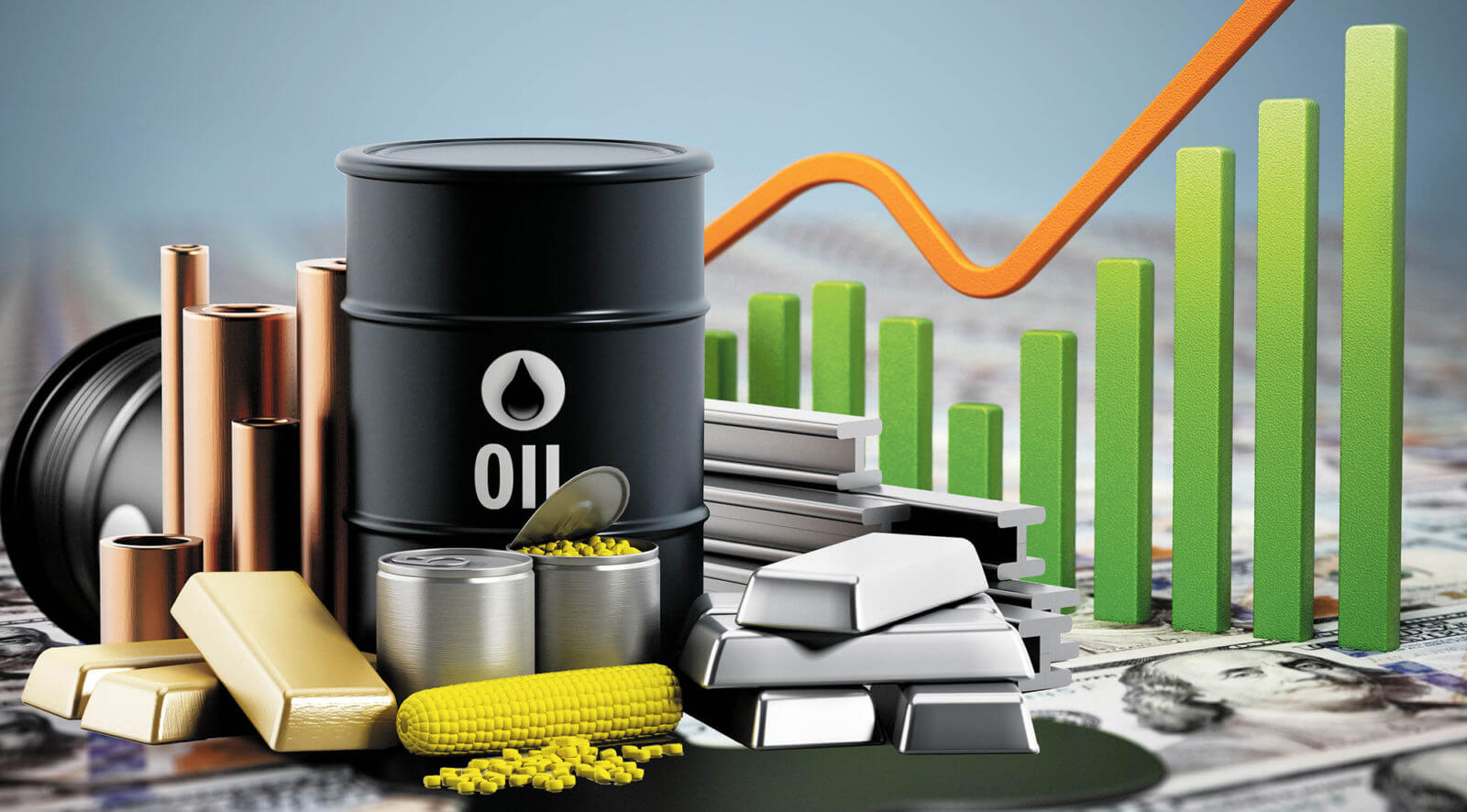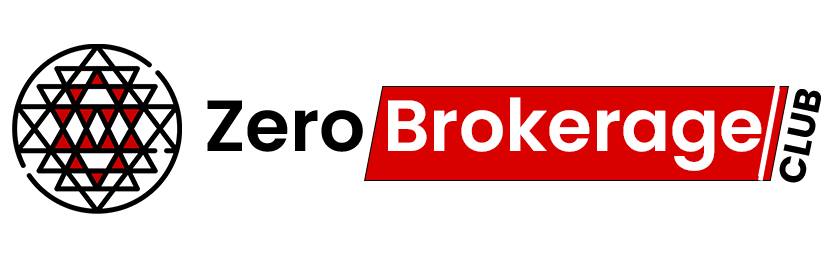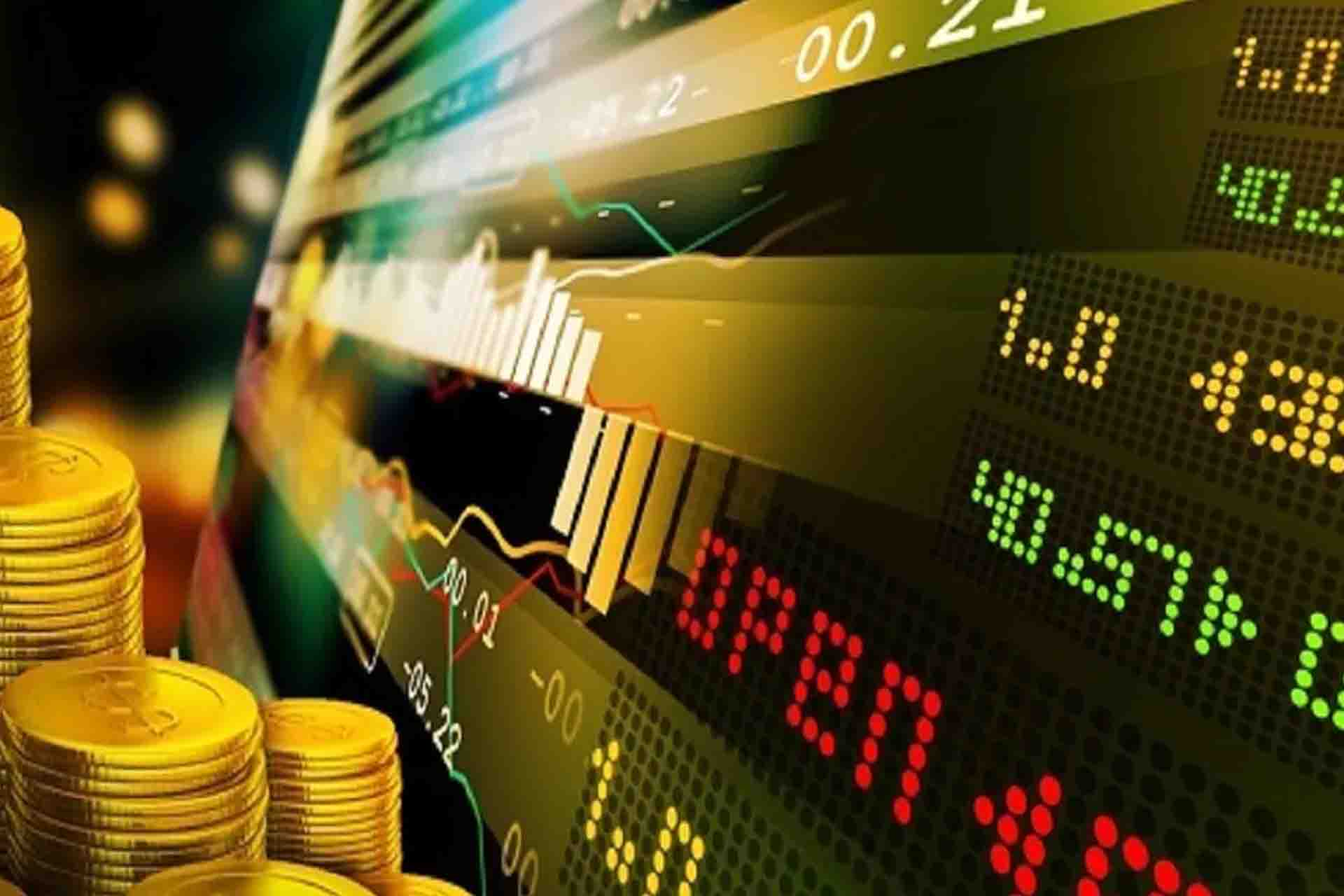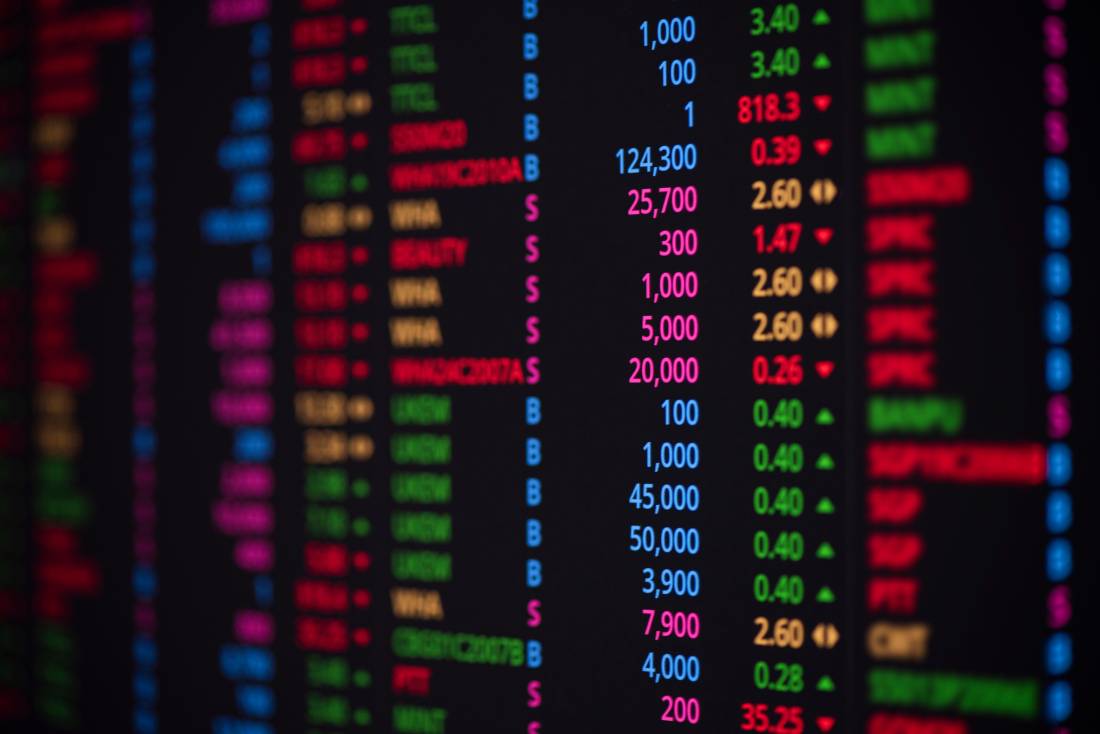Welcome to the World of Commodity Trading
In our fast-evolving global economy, people are constantly searching for diverse opportunities to increase their income. Amidst the dynamic world of finance, a unique market known as the commodity market has emerged. This market enables electronic trading of commodities, which are products and goods. Just like stocks and currencies, the prices of these commodities fluctuate in real-time. Traders in the commodity market base their decisions on economic trends. This article serves as an introduction to commodity trading for beginners, offering valuable commodity trading tips and strategies.
For further insight, you can also read: 7-Step Journey to Becoming a Profitable Trader
Understanding the Types of Commodity Markets

- Spot market: In this market, products are delivered instantly, and the physical exchange occurs after the purchase.
- Derivative market: This market involves the trading of futures or options related to commodities, without the physical exchange of the products themselves.
Exploring Commodity Categories
Commodities can be broadly categorized into two groups:
- Soft Commodities: These are primarily agricultural products, influenced by various factors. Weather is a significant factor, making their prices more volatile.
- Hard Commodities: These are minerals extracted from the earth and further processed artificially. Examples include gold, silver, and crude oil. Most investors prefer hard commodities as they are easier to predict.
You can find a comprehensive list of traded commodities on this Wikipedia link.
Key Tips and Strategies for Commodity Trading
Before you embark on your online commodity trading journey, consider the following commodity trading tips:
- Choosing the right broker is crucial. You’ll need a skilled strategy analyst to help develop your trades. Many brokers offer low commission rates and have impressive track records.
- Understand the financial risks involved. Don’t invest beyond your means. Commodity trading involves significant leverage, making risk management essential. Use good judgment.
- After setting up an account with your preferred broker, choose the commodities you want to trade. We recommend starting with Crude Oil, Gold, and Silver, as they are heavily traded and technical analysis principles work well with their charts. Begin by analyzing higher timeframe charts, like Daily or Weekly, and gradually move to lower timeframes.
- Before you start live trading, validate your trading strategy through paper trading for a few weeks.
- Stay informed about global news and financial events, as commodity prices react swiftly to positive or negative news.
- Consider all taxes and commissions associated with commodity trading.
- Diversify your investments across multiple commodities.
For additional insights, read: Mastering MCX Crude Oil Trading: A Simple and Profitable Strategy
Accessing Information for Commodity Trading
Financial and economic newspapers and magazines provide relevant information and price data. You can subscribe to specialized magazines to stay updated. Online sources are excellent for tracking price fluctuations. Developing a sound commodity trading strategy is essential.
Commodity trading is a significant aspect of the modern economic landscape, inspiring business hubs worldwide. It represents a substantial step toward a more prosperous future for trading and commerce. Getting started with commodity trading is not challenging for beginners; all you need is the right knowledge and the right approach.





3 Comments